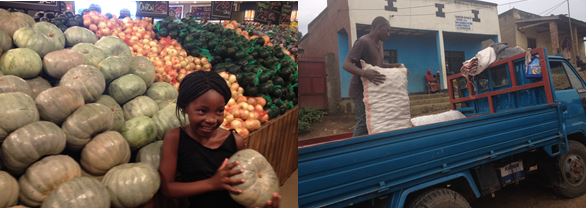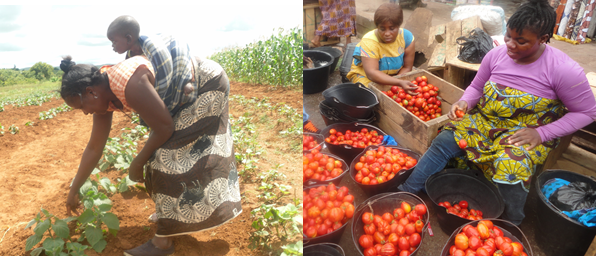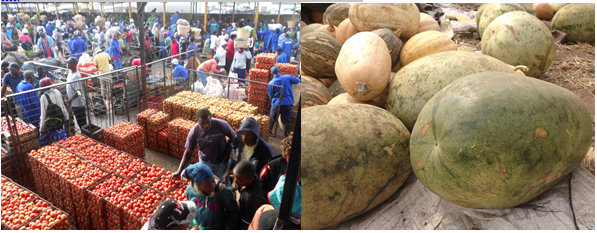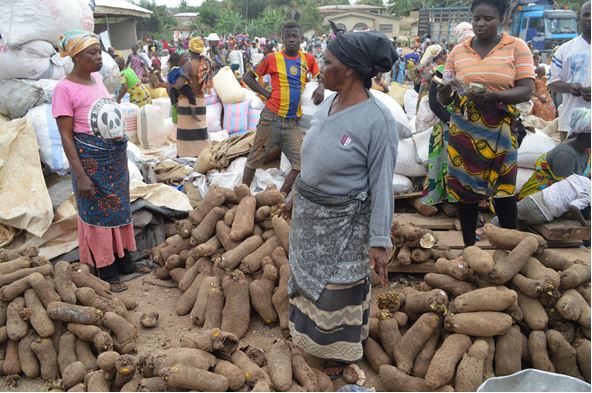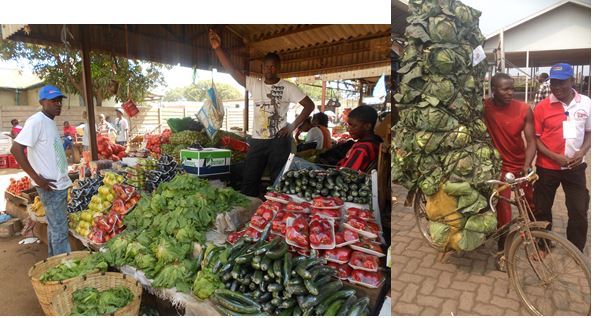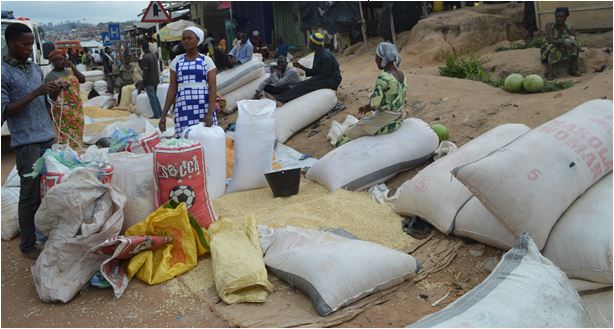Taming agricultural value chains through data and evidence
Many people who grew up in African communities practicing mixed farming, remember how taming young bulls or steers into a span of oxen was not easy. The situation was the same with taming a cow to milk it when it had just given birth to its first calf. In most cases you would not complete Read more about Taming agricultural value chains through data and evidence[…]


